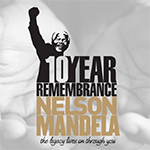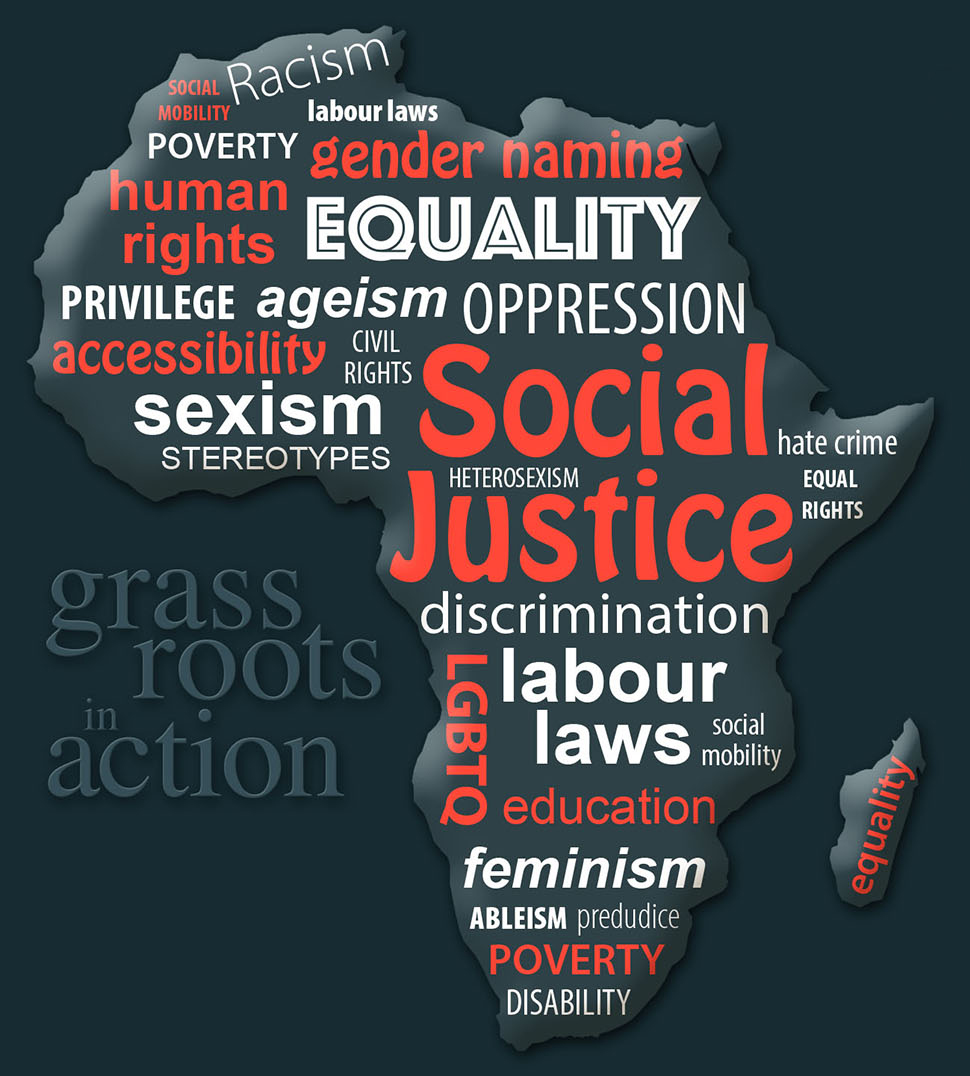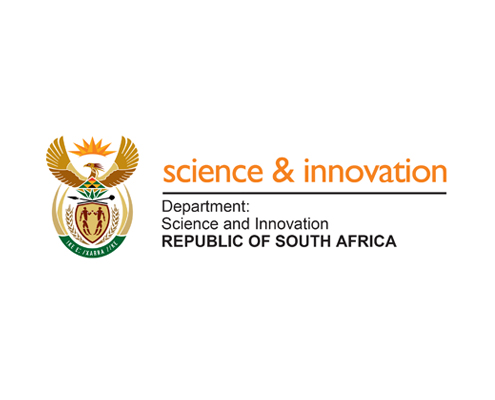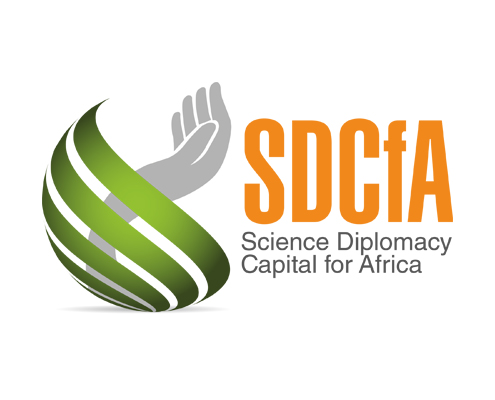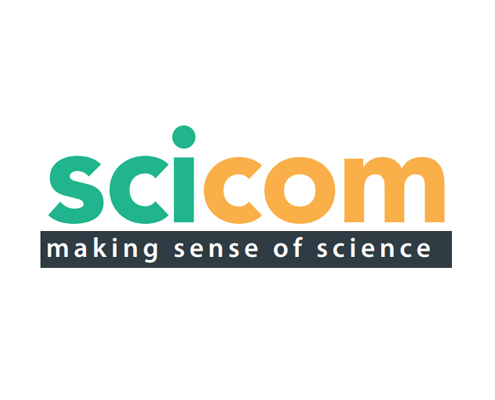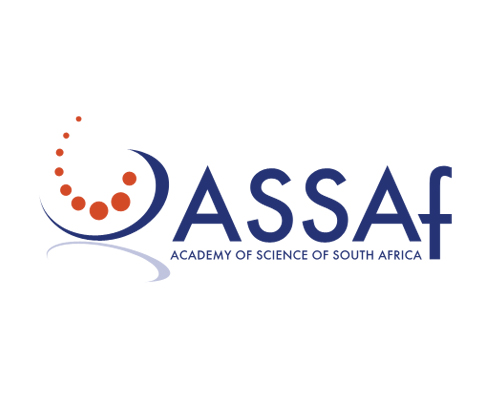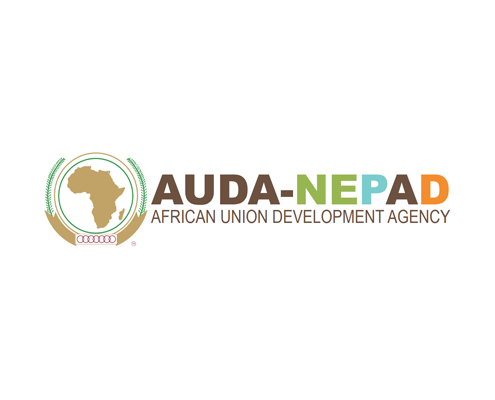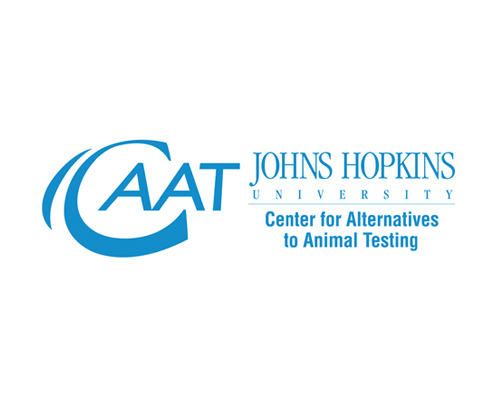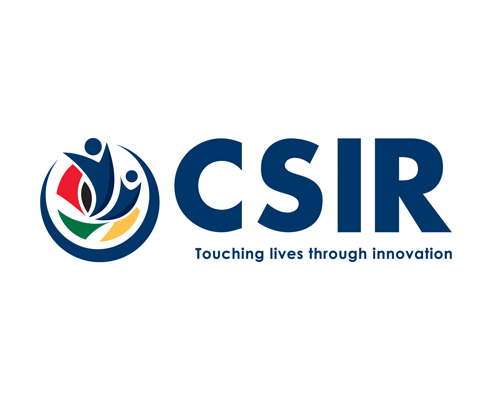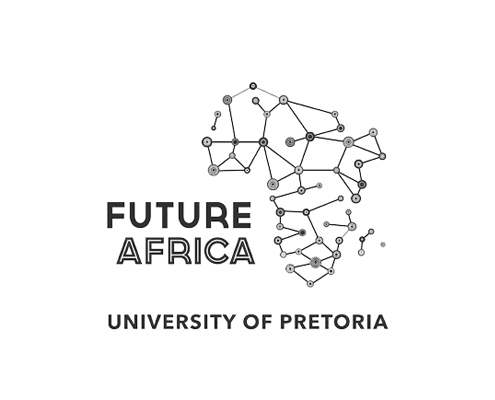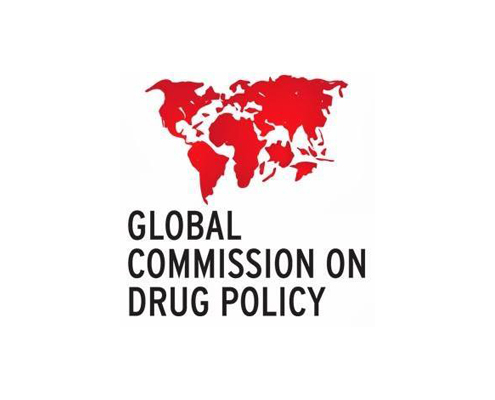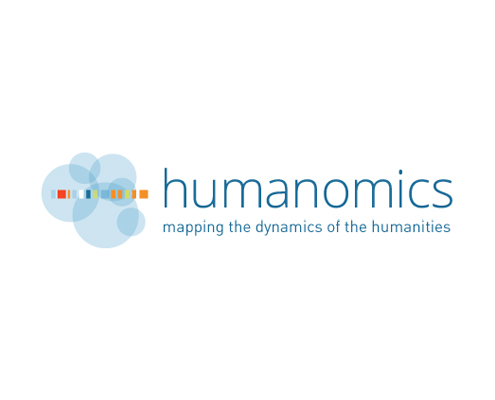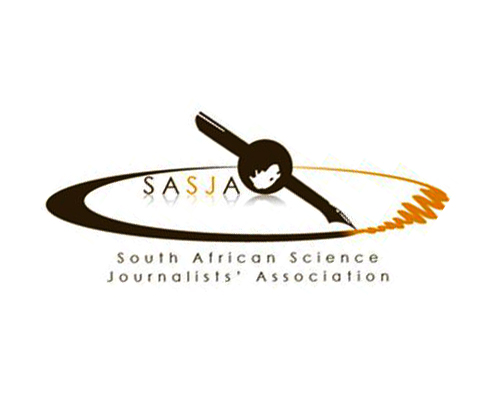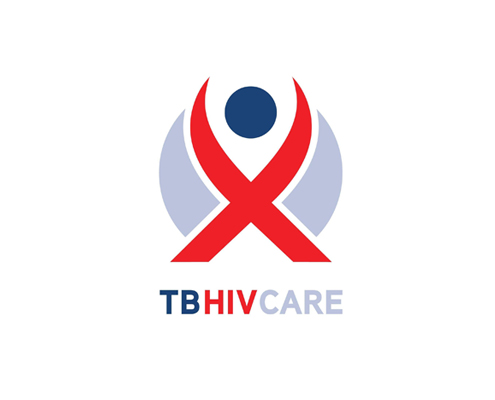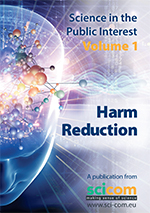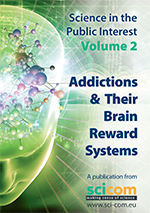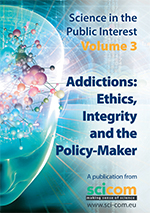Roseanne Diab: Event Co-Chair; Executive Officer of the Academy of Science of South Africa (ASSAf); Emeritus Professor in the School of Environmental Sciences, University of KwaZulu-Natal; & African Union High-Level African Panel on Emerging Technologies (APET).
“The significance of this high-level event bringing together diverse top-down and bottom-up experts from across Africa and beyond cannot be over-emphasised. Science-based issues are becoming more important to the conduct of foreign policy. Countries large and small, developed and developing, are expressing greater interest in implementing science diplomacy through politics for the purpose of representation, cooperation, resolving disputes, improving systems and securing the right to science for citizens and our most vulnerable populations. The same holds true for global companies and institutions operating in an ever-more complex matrix of technical and relational challenges. Our common purpose is to kick-start a five-year consultative process. This is being organised by Africans so as to respond to specific African strengths, traditions and needs. Our minds are already excited by, and focused on, the tidal-wave potential of the Cape Town 2022 Declaration as a principled blueprint for our Continent and its relations with the wider-world.”
Professor Julian Kinderlerer: Event Co-Chair & Member, European Group on Ethics & Science in New Technologies (EGE) reporting to EC President Juncker.
“There has seldom been a time when advice from scientists to policy makers is so sorely needed. Evidence based science is being ignored by those responsible for policy We need to ensure that data is collected and interpreted ethically and that policy is determined with that information on the table. Knowledge is the property of all of us, and must be shared openly with all who might be affected by its use.”
Max Bergman: Chair of Social Research and Methodology, University of Basel & Extraordinary Professor, University of Western Cape & Free State University.
“The biggest public health challenge in Africa today is competing policy environments that cannot deal with sustainability in health care, not only of infectious diseases but, increasingly, of chronic diseases. A more systemic, community-based, education-oriented, context-sensitive, culture-relevant, and long-term policy approach must integrate policies on poverty and economic development, agriculture and nutrition, and water and sanitation. While this seems hugely ambitious, the Agenda 2030 for Sustainable Development and its UN Sustainability Goals may be an excellent vehicle to advance a more sustainable public health agenda in Africa.”
Seema Kumar: Vice President of Innovation, Global Health and Policy Communication at Johnson & Johnson (J&J).
“Africa is rising, coming of age, and ready to show the world a new face–not of poverty, disillusion, and famine–but of self-sufficiency, hope, and sustainability. This new face of Africa will be built by a next generation of motivated youth who are engaged, inspired, and interested in leveraging science and technology to solve human health and other societal challenges. Now more than ever there is enormous opportunity advance African public health and economic development by working together more effectively across sectors, including public, private, NGOs and civil society, to unleash the full intellectual and human potential of the continent through empowerment, education, and public engagement in health and science policy.”
Hossam Badrawi: M.D, MP, & Chairman of the Nile Badrawi Foundation for Education & Development & Ex-Head of the Parliamentary Scientific Committee
“Africa’s public health challenge is to extend primary care services backed up with greater quality assurance and a tighter referral system to secondary and tertiary services. We need to also look at boosting environmental health while better maximising the benefits of technological advances in healthcare, also in terms of greater networking and communications.”
Oyewale Tomori: Professor of Virology, Educational Administrator & former Vice Chancellor of Redeemer’s University.
“Our greatest risk in Africa is in not including the public more in public health discussions. If we see health as only a revenue-generating industry and rush headlong for profits while forgetting the potential for awful repercussions in terms of social wellbeing and the destruction of years of economic growth and prosperity through better health, then all of Africa will suffer.”
Shakira Choonara: Regional Advocacy Officer, South African Aids Trust.
“Policies across Africa tend to follow populist rhetoric and political interests instead of truly effecting change and being implementable. For example, in South Africa National Health Insurance, while valuable and progressive, fails to consider support-side functions such as financial management or procurement which require urgent strengthening. Secondly, policies are all-too-often developed within specific ministries such as health or education instead of across ministries. This silo effect leads to unnecessary fragmentation and a lack of coordinated response.”
Miyoko O. Wantanabe: Deputy Executive Director, Japanese Science & Technology Agency.
“In order to broaden ‘universal health coverage (UHC)’ it is imperative that all stakeholders must be allowed to put their research and their social science knowledge forward. Clubs, bans, traditions, closed networks etc. simply do not deliver. What the Brussels Declaration has shown over the past five years is that the world must embrace the co-production of policy with and for society and not only top-down solutions that rarely work in practice. To achieve this, our scientists need greater ‘social literacy’ in terms of understanding how the public might view or react to policy proposals, while our citizens need to embrace ‘scientific literacy’ as a public necessity, while retaining their right to scrutinise science from a position of evidence-based understanding.”
Mammo Muchie: Research Chair in Innovation Studies at the Institute of Economics Research on Innovation (IERI), at Tshwane University of Technology.
“We urgently need a critical, theoretically-based reading of innovation systems in a manner that connects it to developmental questions for all of Africa. Education and health innovation is timely as education and health are, above all else, more life-saviours than just a means to train and keep people to lead life! Furthermore, they can be organised to create inventors and skilled entrepreneurs promoting the structural transformation and sustainable development Africa needs.”
Nelson Torto: Botswana Institute of Technology Research and Innovation (BITRI).
“Given that we only know public health as we observe and experience it, greater dialogue through a proof of evidence concept could provide the greatest public health policy-making opportunity. This gathering is an important first step on the road to greater openness and inclusivity. It is only by learning from each other and calling for greater scrutiny of the evidence can true dialogue impacting better policy choices be achieved.”
Kurt Moore: CEO, South African Liqor Brand Owners Association (SALBA).
“The alcoholic beverage industry is strategically and relationally well placed, and that we have sufficient understanding of our industry, its strengths and its ills, to make a meaningful contribution to policies that seek to reduce the harms associated with alcohol abuse in today’s Africa. We need greater appreciation for science and research above conjecture to make informed policy-decisions. That is why industry, civil society and government must work closer together.”
Thomas Hartung: Professor & Chair of Evidence-Based Toxicology; Director, Center for Alternatives to Animal Testing, Johns Hopkins University, Bloomberg School of Public Health, Dept. of Environmental Health Sciences.
“Scientist must leave their ivory tower to impact on society, but to do so credibly, advice must be based on sound, ethical and humane science. They owe the society that finances them the best advice possible and must be open for communication and criticism. My greatest fear is that we are teaching ‘developing’ countries 20th century science, while we ‘developed’ countries are embarking on 21st century approaches. They should be part of the change!”
Henry Roman: Director, Department of Science and Technology, South Africa and Co-chair of World Association of Young Scientists (WAYS).
“The greatest opportunity for me in the public health space is in improving sanitation. Good sanitation and sanitary practice in communities is a no-brainer that will improve general health. But we must act together across Africa to share technologies and best practices. Water-borne diseases remain a preventable killer indiscriminate of age, gender or country.”
Michael Kahn: Independent Policy Adviser and Extraordinary Professor at Stellenbosch University and the University of the Western Cape.
“Opportunities and challenges facing public health in Africa are largely in the realm of health security that is driven by the impacts of climate change, weak governance, emerging zoonotic and other diseases, and threats of bioterrorism. These are especially acute in fragile or failed states. More prosperous communities also face the risks of lifestyle disease.”
Glaudina Loots: Director of Health, Department of Science & Innovation (DSIT).
“One of the main challenges within health research and innovation is the potential and tendency of scientists to over-promise on the nature and impact of their discoveries, creating expectations that cannot be delivered on. Another challenge is how to harness the potential of precision and genomic medicine for application within public health delivery, taking it beyond access to only a few people.”
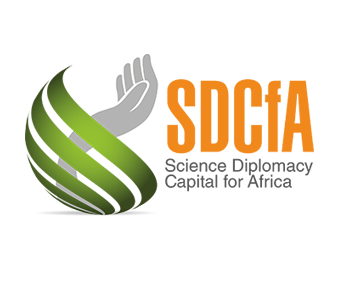

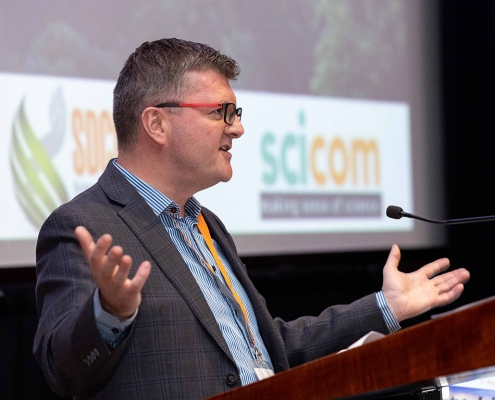
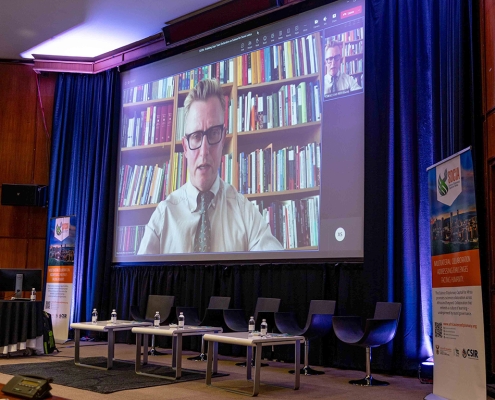
 Standing Up for Science
Standing Up for Science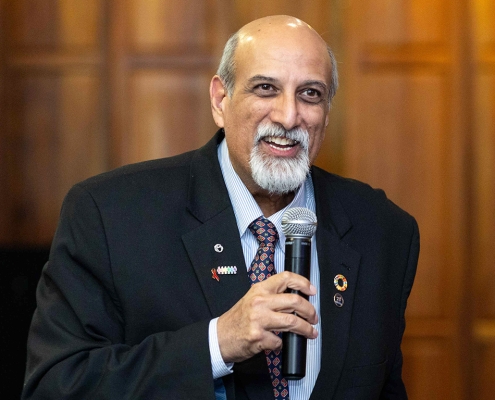
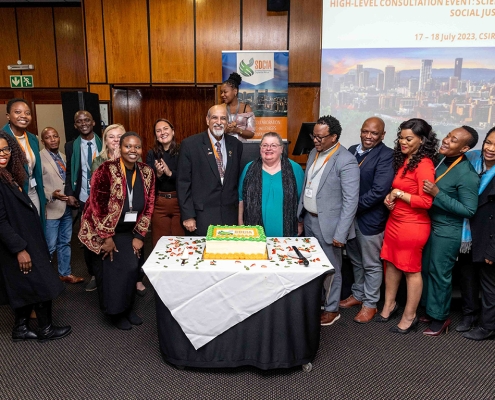
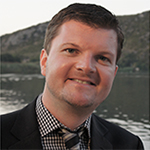
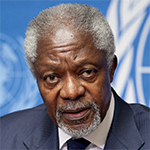 The first two of our four panels unite leading medical, policy and civil society experts to examine the late Kofi Annan’s statement that “drugs have harmed many people, but bad government policies have harmed many more”.
The first two of our four panels unite leading medical, policy and civil society experts to examine the late Kofi Annan’s statement that “drugs have harmed many people, but bad government policies have harmed many more”.